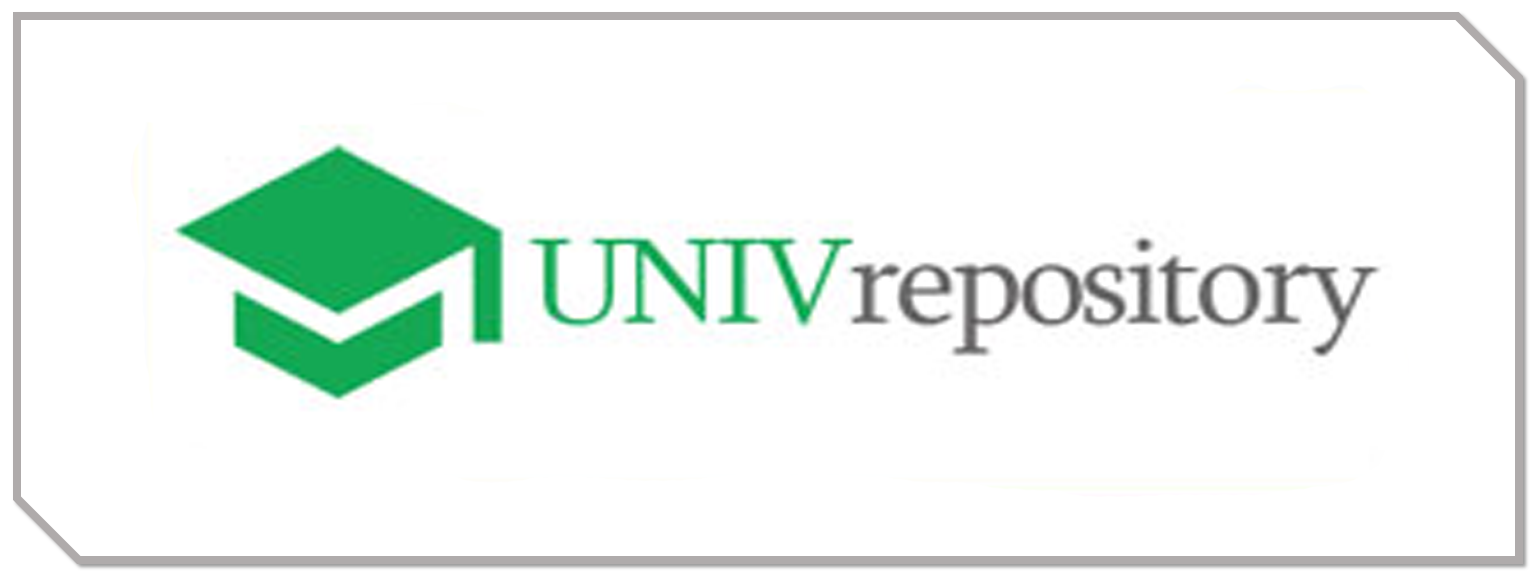Hak Pendidikan Anak Usia Dini pada Undang-Undang No. 20 Tahun 2003 dalam Perspektif Islam
Keywords:
Children's Education, Law No. 20 of 2003, Islamic EducationAbstract
Every child born into the world in a fitrah or holy state, it is the parents and the environment that shape his character, hence the need for education for each child. Early childhood education is regulated in National Law Number 20 of 2003 which states that early childhood education is a coaching effort aimed at children from birth to the age of six years which is carried out through educational stimulation to help children's physical and spiritual growth and development. Islam views education as an effort to form a complete human being, and childhood education is the most important part, because in this phase an educator can instill correct and well-oriented principles in the child's psyche and behavior. A child is entitled to receive the right to a good education from his parents, and a parent is obliged to provide that education to his child. In Islam and The Law of the Republic of Indonesia No.20 of 2003 concerning the National Education System, the right to education for children is a responsibility that must be shouldered together with both parents who give birth or the community and the state that must facilitate the right to education for a child. Qualitative research with an inductively interpretive critical analysis approach, it can be found that the protection of the right to early childhood education has been sufficiently regulated by Islamic legislation and teachings.








